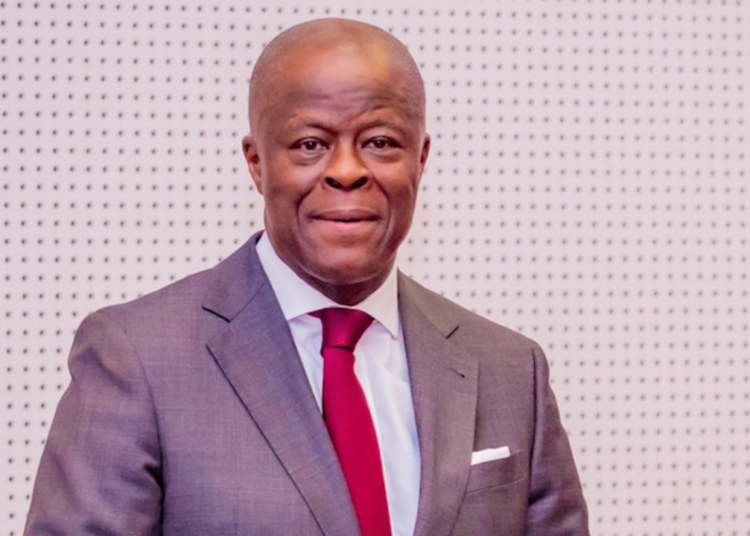The federal government is targeting a 77 per cent increase in Internally Generated Revenue (IGR) as it expresses hope that the newly integrated tax approach would help to achieve the self-imposed target of 18 per cent tax-to-GDP ratio from the current level of 10 per cent.
Minister of finance and coordinating minister of the economy Wale Edun said this in Abuja, at the opening of the 2024 Strategic Management Retreat of the Federal Inland Revenue Service (FIRS), yesterday.
“We are projecting a 77 per cent increase in IGR. Our revenue as a percentage of Gross Domestic Product (GDP) is low at below 10 per cent. It should be much higher.
“Government needs so much to spend on infrastructure and social services. The idea is to shift from expensive debts to domestic revenue mobilisation,” he said.
Edun premised the expectation on the newly restructured tax collection methodology of the Federal Inland Revenue Revenue (FIRS) which its chairman said was being tailored to specific taxpayer segments, with an aim to simplify the taxpayer experience. “No more complexities, no more overlaps—just a seamless and user-friendly interaction for every taxpayer,” Mr Zacch Adedeji had said while announcing the new decision in Abuja.
Commending the process at a two-day retreat for management of the FIRS, the finance minister said “We do have a tax policy, fiscal policy and tax reform committee and the commitment of that committee is that, together with the FIRS changes and improvements will be made to move the tax to GDP ratio to 18 per cent in the first place in the next couple of years and I’m sure you will not only achieve that target but that you will surpass it based on the strategies you are going to come up with here today.”
Earlier, the FIRS chairman said the service is shifting away from traditional tax categorization. “Instead of maintaining different departments for distinct tax categories, the new structure formulates taxpayer segments based on thresholds. This tailored approach ensures that taxpayers are guided and serviced according to their specific needs, eliminating confusion and redundancy in tax administration,” he stated.
He stressed that extensive re-orientation and change initiatives will be implemented to ensure that no one is left behind, while recognizing the need for meticulous planning, effective communication, and unwavering commitment to navigate the journey successfully.
He said the revenue watchdog is embracing an integrated tax approach while leveraging technology at every step, an approach he said positions FIRS at the forefront of innovation, ensuring that it meets the evolving needs of taxpayers in a rapidly changing world. “FIRS is already a formidable force, and with these new efficiencies, we can indeed meet and exceed our targets,” he stated.
Adedeji said he is driving the establishment of a customer-centric organisational structure designed to streamline processes and enhance efficiency in tax operations. He said the forthcoming structure, set to kick off from February 2024, embodies FIRS’ dedication to modernise and digitise the tax administration landscape in Nigeria.











